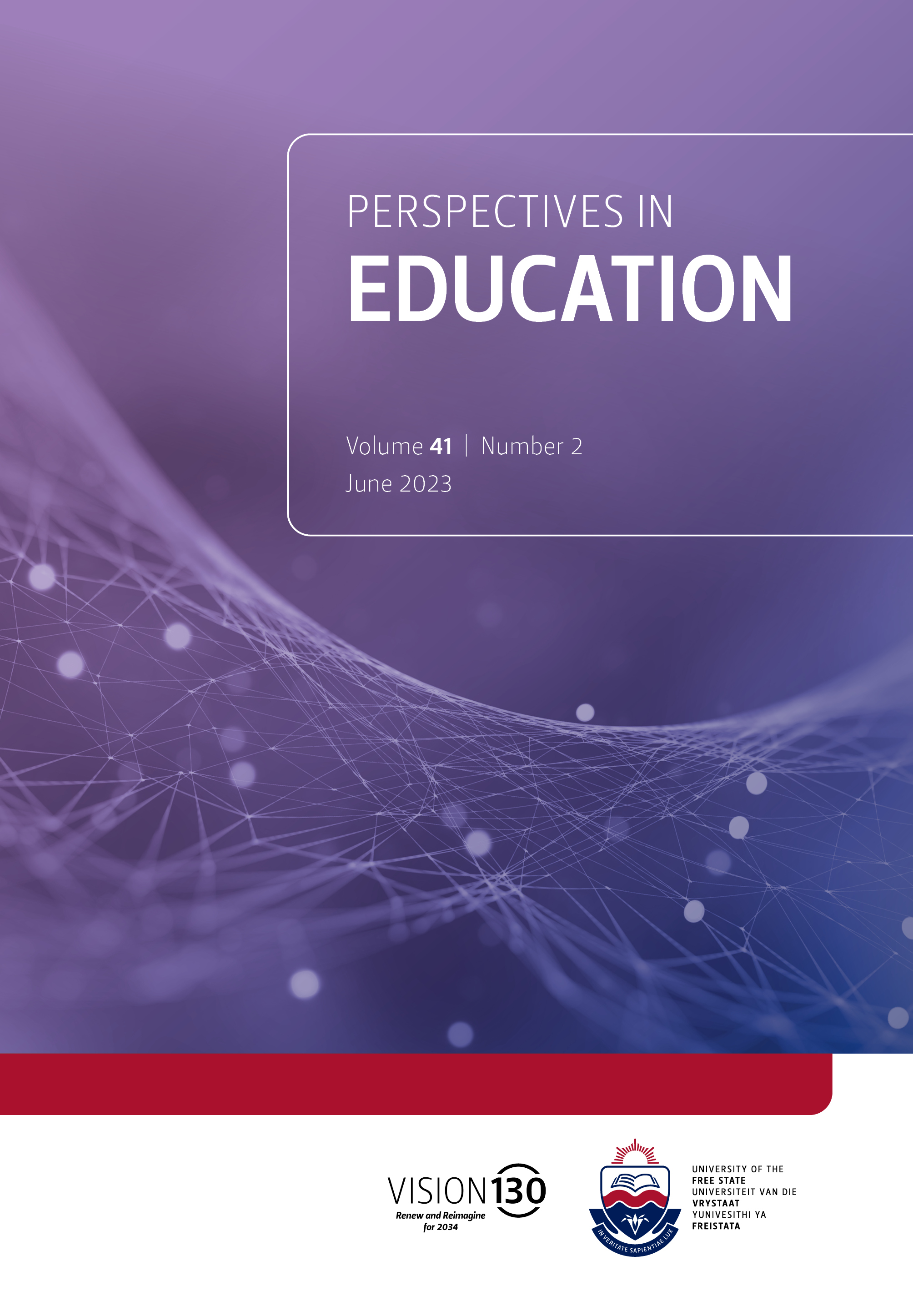Interaction between teachers’ emotional intelligence and classroom management
DOI:
https://doi.org/10.38140/pie.v41i2.6847Keywords:
classroom management, emotional intelligence, relationships, science education, teachersAbstract
Since recent years, emotional intelligence (EQ) has gained prominence in the field of science education and has been widely regarded as an important element in classroom management (CM). It is known that educators with EQ have a positive effect on academic achievement and that these teachers also increase their CM. This is also reflected in school success. In addition, teachers with EQ have better CM skills. Thus, anyone with good CM skills can create a positive learning environment. In a classroom where a culture of EQ is adopted, it is important to support student motivation, make students feel valued, and focus on success. This study examines how teachers manage classrooms using EQ. Therefore, the reason for this study was to investigate whether there is a difference between teachers’ EQ levels and CM skills according to their demographic characteristics (gender, age, professional experience and educational level). The sample of this research consists of 341 teachers working at TRNC primary education institutions in the 2021–2022 academic year and determined by random method. Within the scope of the research, a Turkish version of the “Rotterdam EQ Scale” was used to measure the EQ levels of the teachers, the “CM Scale” was used to measure the effectiveness of the CM and the Personal Information Form prepared by the researchers was used. Study findings suggest that teachers’ EQ and CM skills have a positive, moderately significant relationship. This situation reveals that teachers who are aware of their own emotions and those of others, who can put themselves in others’ shoes, and who have a developed sense of empathy have better CM skills. Research results indicated that the EQ level of the teachers as well as their CM skills did not vary according to their gender, age, and seniority according to demographic variables. However, when the educational status variable is examined, although the EQ levels of postgraduate graduates are higher than those of undergraduate students, this difference was not significant.
Downloads
##submission.downloads##
Published
How to Cite
Issue
Section
License
Copyright (c) 2023 Ozlem Kanbur, Nurdan Kirikkaleli

This work is licensed under a Creative Commons Attribution 4.0 International License.









